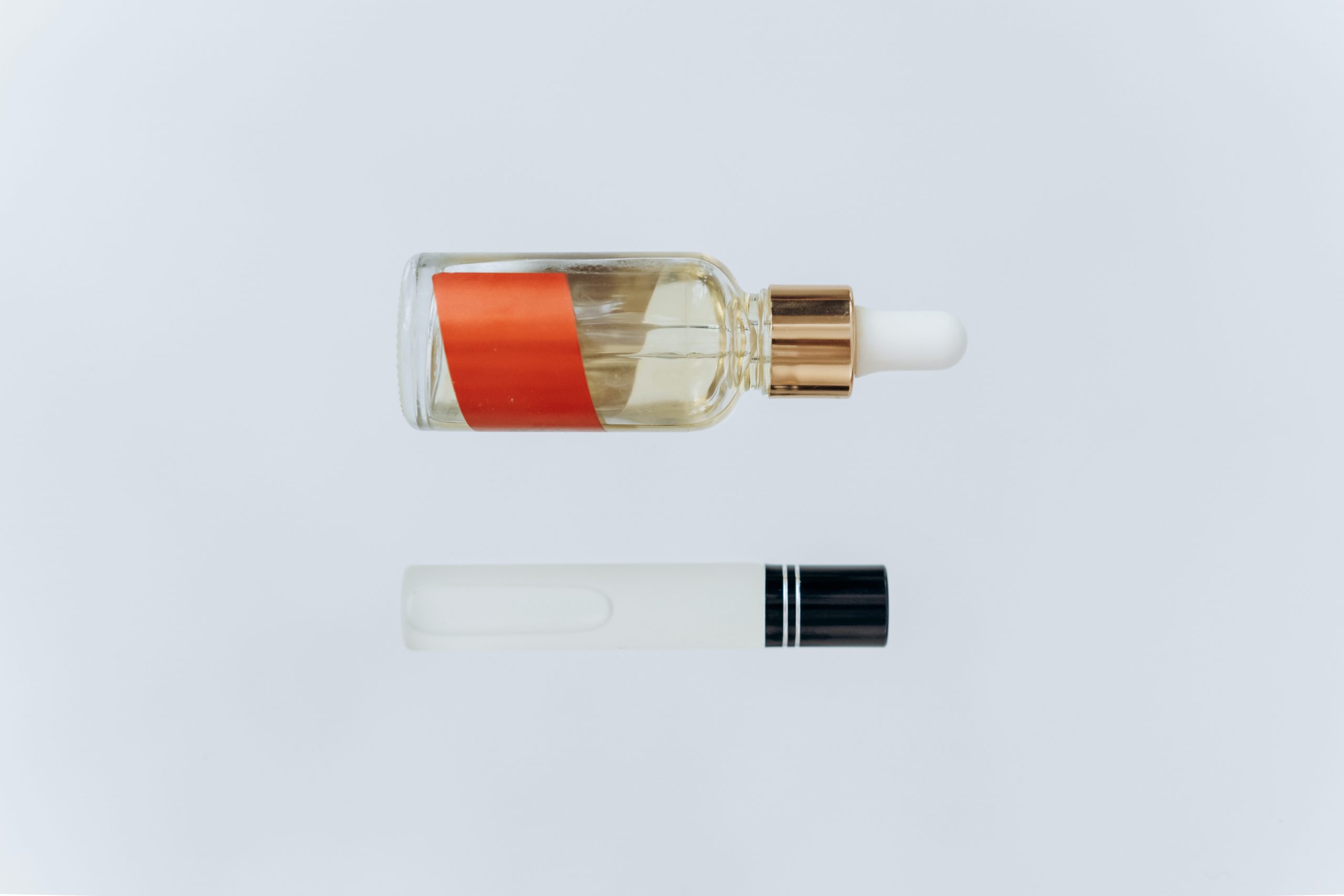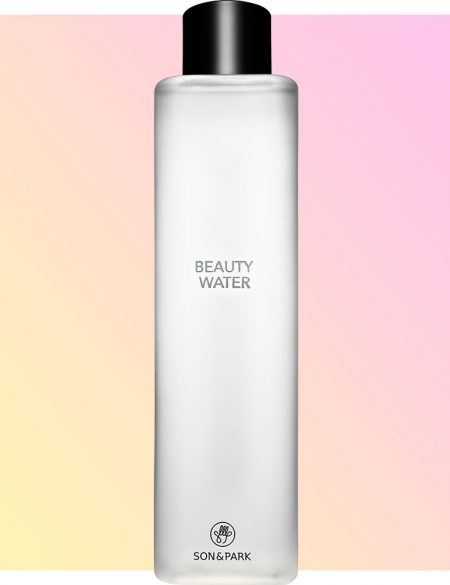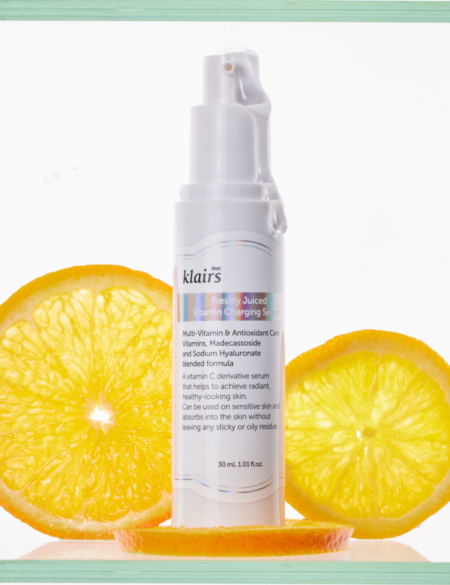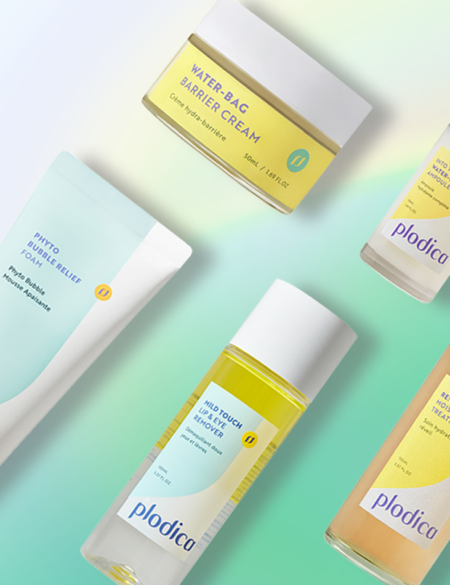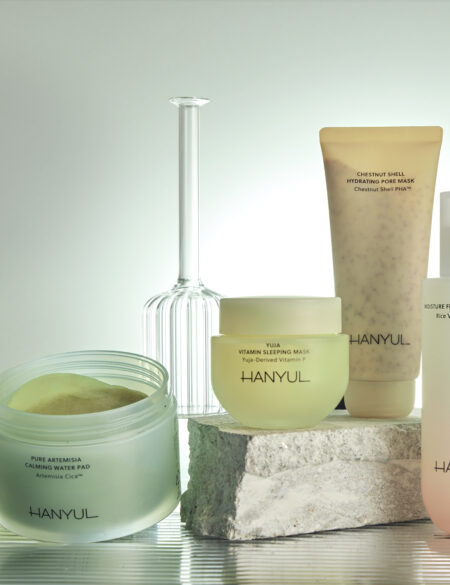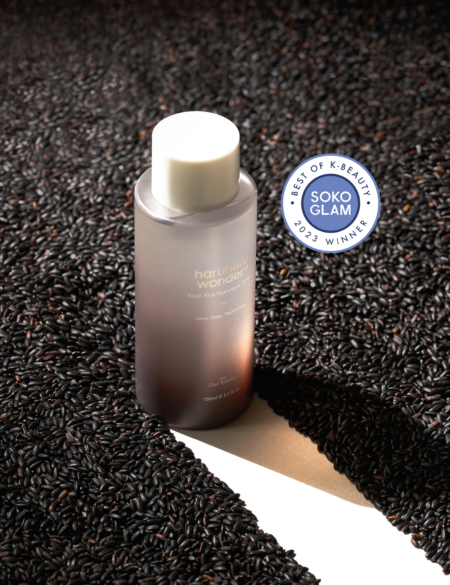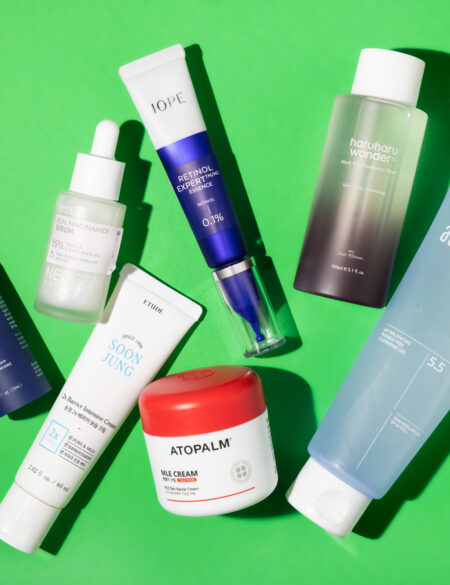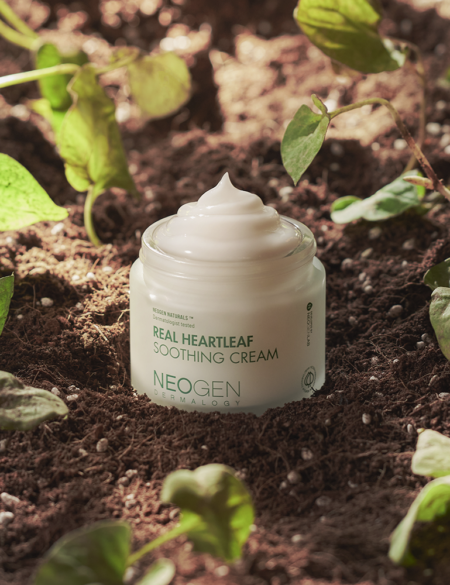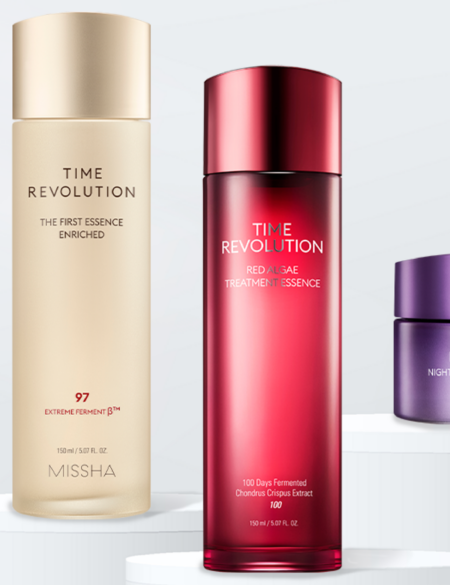When it comes to skin care treatments like lasers, one size – so to speak – does not fit all. Here, we share the treatments and procedures that are safe and beneficial for dark skin tones.
There are a lot of misconceptions out there about how darker skin tones should treat and care for their skin. For example, some people still believe that darker skin tones don’t need SPF, and that couldn’t be farther from the truth – but more on that another time.
Maybe you’ve also heard that darker skin tones are more prone to skin conditions such as hyperpigmentation and scarring. I spoke to Gary Goldfaden, a Florida-based dermatologist and founder of skin care line Goldfaden MD, about the triggers and causes of these skin concerns. He explained that darker skin has larger melanosomes, which make it more susceptible to hyperpigmentation. Melanosomes are responsible for providing tissues with color and photoprotection.
Because darker skin tones can react to treatments and procedures differently than lighter skin tones, it’s important to learn what treatments are safe to receive and use to avoid the issues mentioned above. Below, we share the best lasers, peels, and topical treatments for dark skin tones and the unique skin concerns that go along with it.
Lasers
Some of the most common side effects from professional laser treatments for dark skin tones include scarring and hyperpigmentation. However, that doesn’t mean that you have to completely miss out on the benefits of these types of procedures, you just have to find which are the right lasers for your skin. Darker skin tones are known to respond well to pico lasers. This includes PicoSure, PicoWay, and Pico Genesis which are used to achieve a more clear, smoother complexion.
PicoSure was originally introduced to the world for tattoo removal, but it’s also known to treat acne scars, wrinkles, and benign pigmented lesions. PicoWay lasers are known to target fine lines, freckles, birthmarks, and age spots with fewer treatments, less heat, and zero downtime (minus a few hours of redness). Pico Genesis targets all of the above without any heat in just 20 minutes, and requires zero downtime. If you’re looking for a laser treatment to rejuvenate your skin, consider one of the above as a safe and effective option.
Chemical Peels and At-Home Peels
Chemical peels can help with acne, aging, scarring – basically any skin concern you can think of. However, when it comes to darker skin tones, are chemical peels and at-home peels still safe to use? The short answer is yes, but you have to be selective.
RELATED: What You’re Missing out on if You’ve Never Gotten a Chemical Peel Before
Mild peels such as enzyme peels, fruit extract peels, lactic acid peels, and glycolic acid peels, are safe to use on brown and deep brown skin. These peels remove the damaged outer layers of skin more gently than peels that penetrate a lot deeper into the skin.
Phenol, for example, is an ingredient found in deep chemical peels and can require up to two weeks of recovery time. Deeper peels are not ideal for darker skin tones because of the aftermath. Since deeper skin tones are prone to scarring, the healing process from this level of peel can actually cause scarring and pigmentation, and in turn, your skin can heal with darker spots than what you were trying to get rid of in the first place. It’s a less than ideal situation, especially since these treatments can have quite the price tag attached to them. If you can’t get to your dermatologist to give a mild peel a try, there are plenty of at-home options available.
Topical Treatments
Retinoids are also a great treatment for anyone with deep skin to consider. Popular products such as Differen or Retin-A can help target both acne and hyperpigmentation simultaneously. If you experience any irritation or side effects, consult with a skin care professional to determine how to safely incorporate the ingredient into your routine.
Shop our favorite skin care treatments and products for darker skin tones below!




